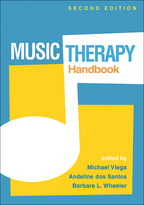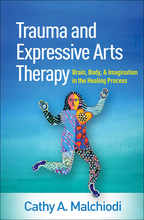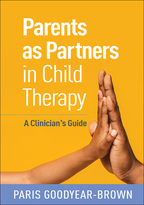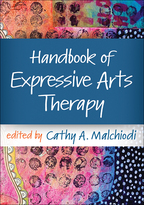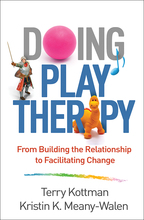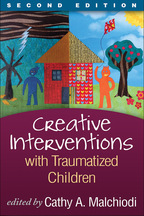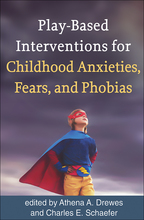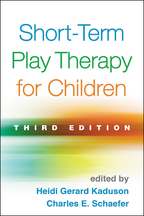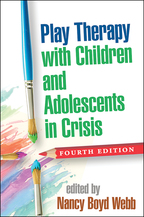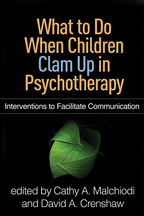Music Therapy Handbook
Second Edition
Edited by Michael Viega, Andeline dos Santos, and Barbara L. Wheeler
HardcoverPaperbacke-bookprint + e-book
Hardcover
orderJune 26, 2025
ISBN 9781462557493
Price: $98.00 534 Pages
Size: 7" x 10"
Paperback
orderMay 28, 2025
ISBN 9781462556922
Price: $65.00534 Pages
Size: 7" x 10"
e-book
orderJune 11, 2025
PDF and Accessible ePub ?
Price: $65.00 534 Pages
ePub is Global Certified Accessible
print + e-book $130.00 $78.00
orderPaperback + e-Book (PDF and Accessible ePub) ?
Price: 534 Pages
ePub is Global Certified Accessible
Rich with case material, the second edition of this respected text has been thoroughly revised with many new contributing authors and 85% new material. The Handbook comprehensively explores music therapy theory, research, and practice. Chapters cover foundational concepts and therapeutic processes, major approaches to practice, and clinical applications with people of all ages. The second edition has a heightened focus on diversity, equity, inclusion, accessibility, and cultural humility. Expert contributors describe state-of-the-art practices for using music to foster clients' well-being and recovery in a broad range of mental health, medical, and community settings.
New to This Edition
New to This Edition
- Expanded coverage of working with marginalized communities, including racially minoritized, refugee, LGBTQIA+, and neurodiverse clients, and an increased emphasis on therapist reflexivity.
- Provides an integrated conceptual framework for understanding different music therapy approaches.
- First edition editor Barbara L. Wheeler is joined by Michael Viega and Andeline dos Santos, who bring fresh perspectives and a more international scope.

